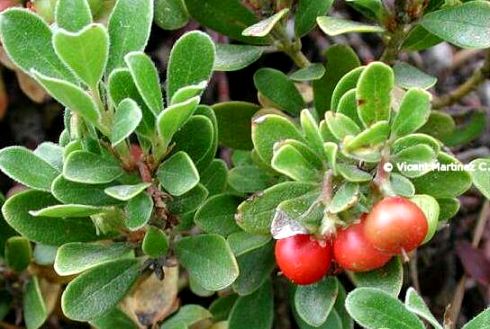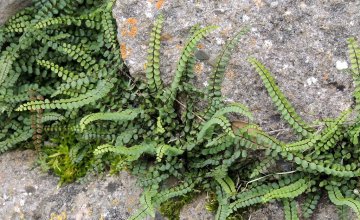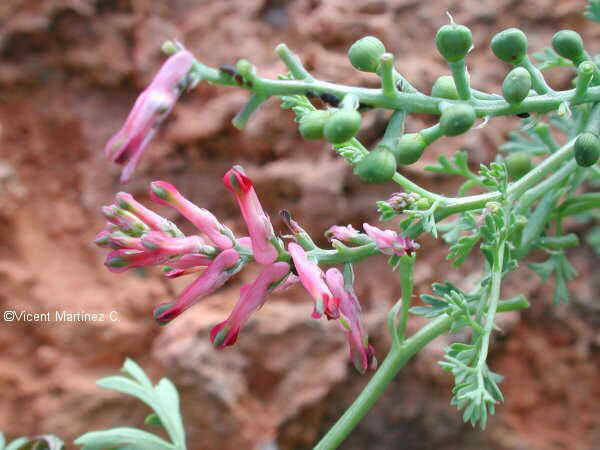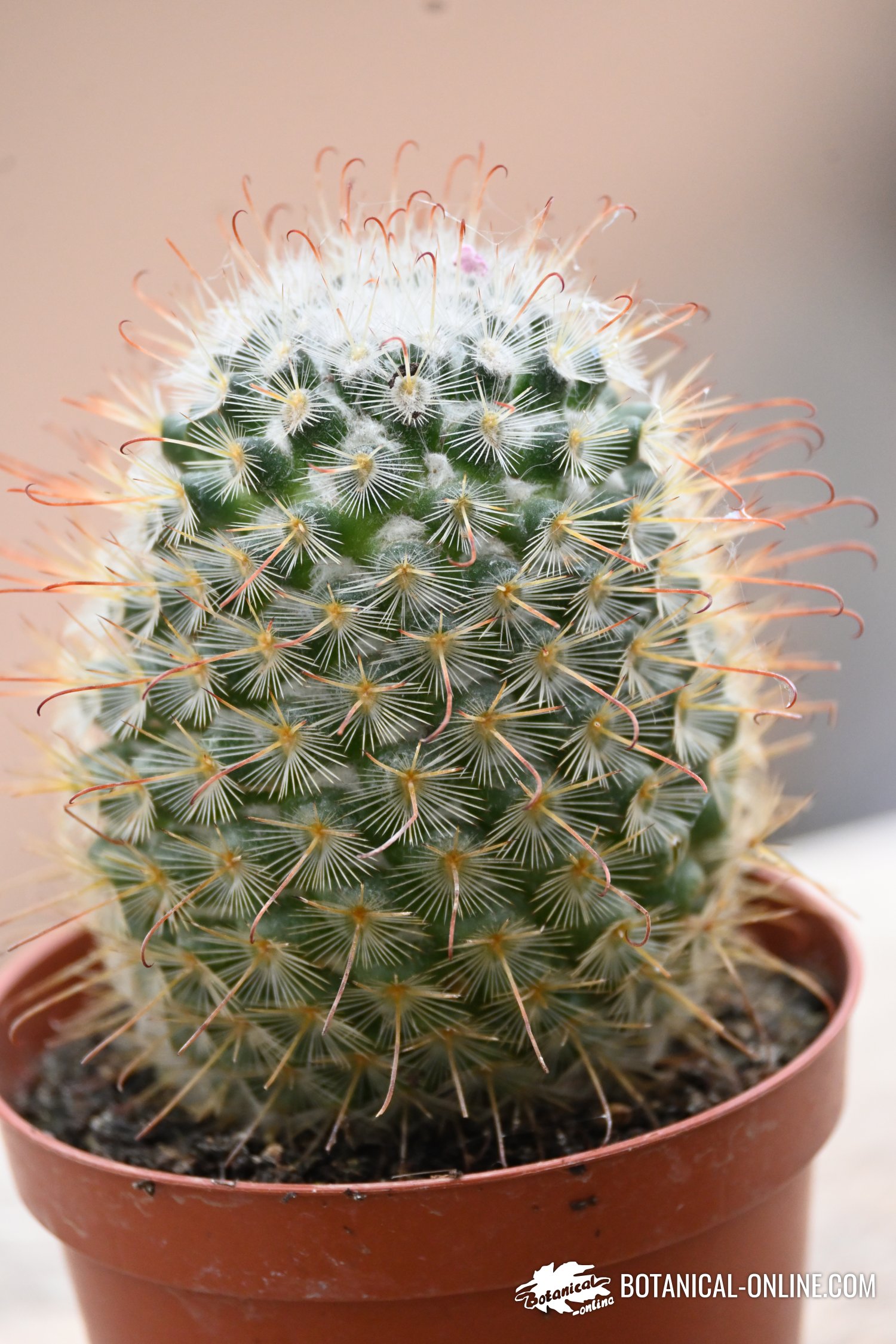Contents
Health benefits of Siberian ginseng (Eleutherococcus senticosus)
Differences between Asian and Siberian ginseng
Siberian ginseng (Eleutherococcus senticosus) is a type of ginseng. As its name suggests, it grows in parts of Siberia, but it also grows in other places such as Korea, China and Japan. This plant has similar properties to Asian or Korean ginseng, although it differs somewhat, so it deserves to be defined.
Most experiments with this ginseng have taken place in Russia. It has been used by the astronauts on their journeys out of the Earth atmosphere. It proved very useful in the Chernobyl disaster to reduce the effects of radiation. The benefits of this ginseng are due to the presence of eleutherosides, instead of ginsenosides such as in the the Korean ginseng, although both components have similar properties.
Siberian ginseng extract properties
Some properties are very similar to the other types of ginseng (See extended features in the study of ginseng in the listing below).
- Siberian ginseng provides energy to the body. It can be used to withstand greater efforts, recovering from illness, putting up with heat or cold, sustaining altitude sickness, going through nuclear radiation, breaking a convalescence, and so on. It has been used medicinally to combat chronic fatigue or chronic fibromyalgia
- Siberian ginseng to combat stress: Siberian ginseng is also capable of neutralizing the negative effects of stress or improving symptoms of depression.
- Siberian ginseng increases immunity: it increases production of lymphocytes which gives the body more endurance to the attacks of viruses or bacteria. It has been used in Russia for the treatment of influenza, or respiratory tract infections. It is also thought to inhibit the growth of cancer cells. There is evidence that its ingestion is very positive for breast cancer.
- Siberian ginseng increases mental ability: It allows greater concentration, memory and learning
- Siberian ginseng improves circulation, lowers cholesterol and regulates blood sugar in the blood of non-insulin-dependent diabetics. Like Asian ginseng, Siberian ginseng improves the overall condition of the body producing a cholesterol lowering, improves circulation and stabilizes insulin in blood. It has also been proved to stabilize blood pressure levels, making it useful both in cases of hypertension and hypotension.
- Siberian ginseng for premenstrual syndrome: It acts on hormones diminishing many of the symptoms of this period. (Preparations made with a mix of Siberian ginseng and licorice. Take according to the information leaflet)
How to take it?
Take 300 to 900 mg daily in three divided doses
Special properties of Siberian ginseng
Siberian ginseng has some specific properties with differ from the rest of ginseng species. The most important one is related with woman’s hormones.
- Siberian ginseng stabilizes women hormones. Siberian ginseng has specific properties with respect to other ginsengs for treating women’s diseases related to the problems of menopause. By increasing the woman’s hormones Siberian ginseng is able to decrease the side effects of menopause. It is particularly interesting for the disorders of menstruation occurring in pre-menopausal. Many problems of PMS (premenstrual syndrome) can also decrease with the use of this plant.
(Women suffering from these problems should take Siberian ginseng extracts made with a mix of Siberian ginseng and licorice. Take them according to the patient information leaflet. They can be bought in pharmacies or herbalists’)
Contraindications, toxicity and precautions
Siberian ginseng does not generally present as many problems as Korean ginseng, although daily doses exceeding 900 mg may cause diarrhea, drowsiness or nervousness.
Pregnant or nursing women or young children should not take it.
It can interfere with prescribed medication for hypertension, heart disease or antidepressants.
![]() More information about other ginseng species.
More information about other ginseng species.








